Features
Handling
Performance
Verdict
Specification
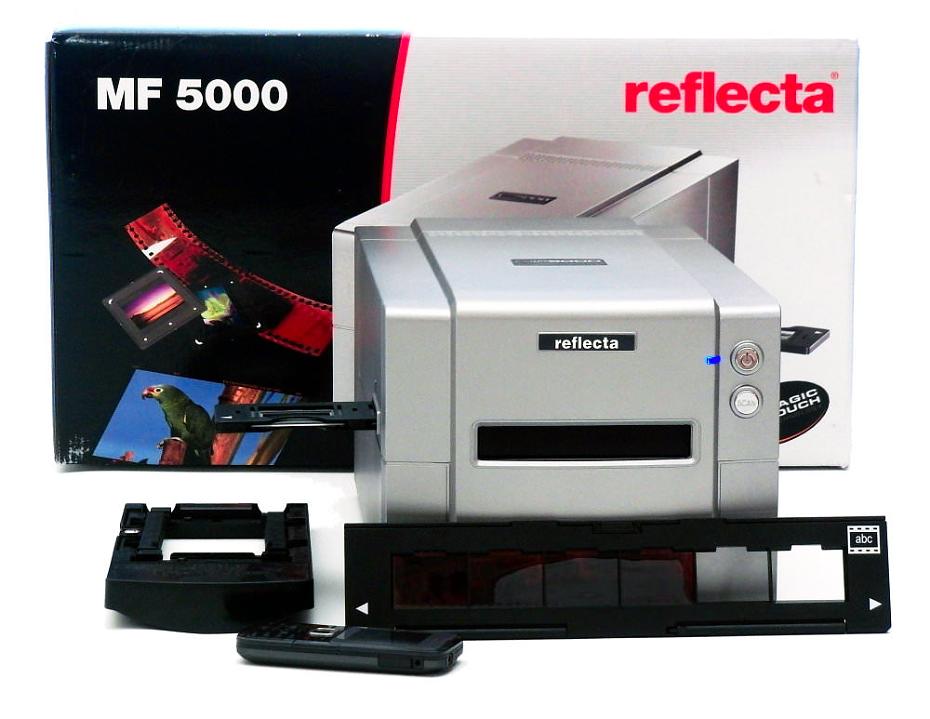
In March 2013 we reviewed the Plustek 120, and the Reflecta MF5000 was mentioned as one of the few remaining medium format scanners in production. Originally it was developed to fill the gap left in the market when Nikon discontinued their Super Coolscan range and was released towards the end of 2011. Apart from the Plustek 120 the availability of high specification medium format scanners has not changed a great deal. The item on trial was a demonstration model of indeterminate usage.
Reflecta MF 5000 Introduction
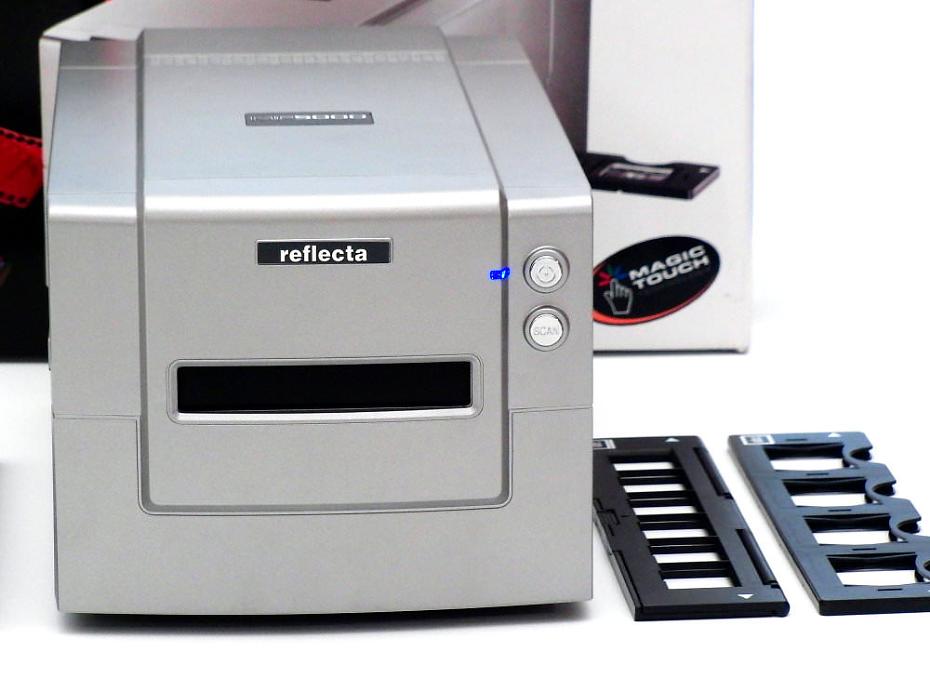
The MF5000 was introduced by the German company Reflecta for over €1600, is roughly the size of a printer and weighs just over five kilograms. It has a relatively high Dmax of 3.6, can scan at 48 bit RGB, and incorporates patented infrared dust and scratch detection. It handles 35mm as well as a range of medium format film sizes. It can scan at 3200 dpi and at that resolution will produce a Tiff file from medium format media of over 350Mb. It is now available for around £1550, but does it still perform?
Reflecta MF 5000 Installation
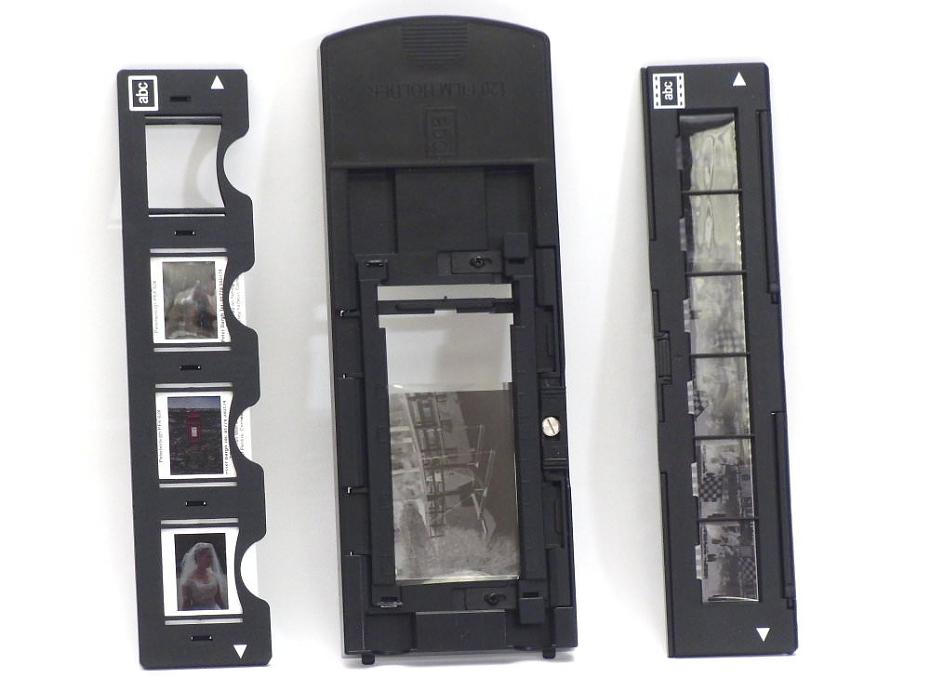
As well as the scanner, the box contains three holders, a power lead with adapter, a USB cable, software disks and a printed manual. As with many USB devices, the software should be installed from the CD before connecting the scanner. Up to date versions are available on the German Reflecta site. The standard bundled software is Photoshop Elements and Cyberview, but Silverfast is also available as an extra enabling superior colour control. Cyberview is a capable piece of software once you are familiar with it. The scanner is also compatible with Hamricks VueScan, however the scanner itself does not support multi-pass scanning.
Reflecta MF 5000 Features and Specifications
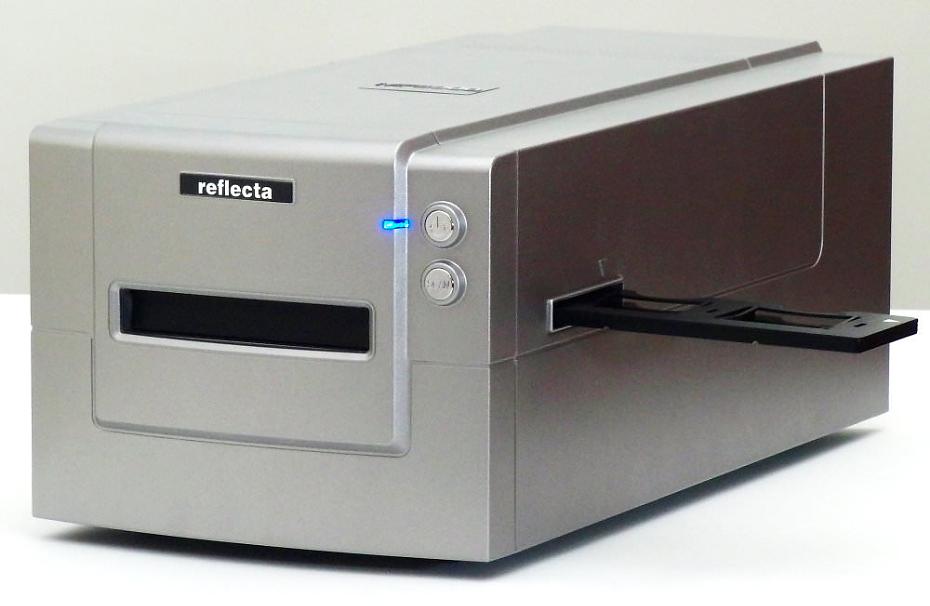
The standard 35mm film and slide holders are robust and relatively easy to use. The slide holder is easy to load, as the slides slot in from above. The 35mm holders are inserted into the scanner from the left or right side, whilst the medium format one is inserted from the front. Arrow head symbols on the 35mm holders and scanner indicate the correct orientation for insertion. Notches in the holders facilitate the correct alignment of the material to be scanned. The medium format holder is a little awkward to load and potentially fragile.
It uses infrared hardware-based dust and scratch correction referred to as ‘magic touch’ which can be very effective. It has ‘digital noise reduction’ to reduce grain as well as options for auto exposure, balance, contrast and colour. Histogram adjustment is also available. Scans from 35mm would (with little touching up) be suitable for printing at over A3 size and medium format scans at considerably larger sizes.
Reflecta MF 5000 Film Handling
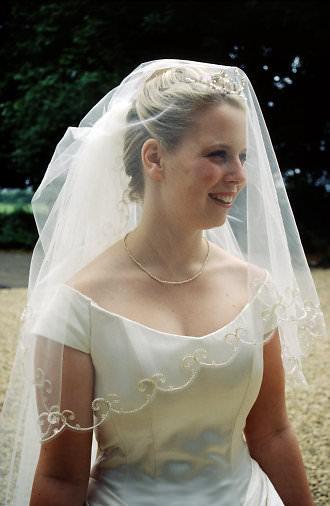 |
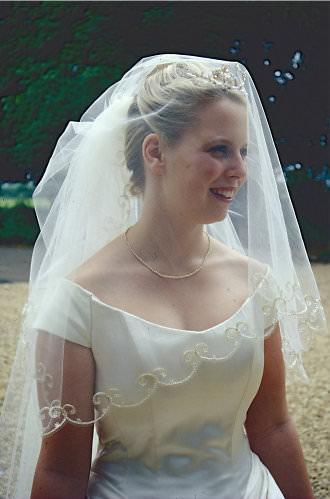 |
| DigitalNoiseRed MagicTouch+AutoTone | Plustek 120 Bride |
 |
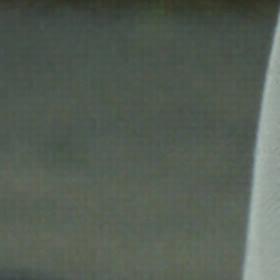 |
| Eye crop | Digital Noise Reduction MagicTouch |
Cyberview uses a generic film filter when scanning slides and negatives. Below the power button a separate button sets the device scanning. The scanner I reviewed did not consistently scan the same area selected by the marquee. Achieving scans with all the borders visible for subsequent cropping was possible by changing settings in the scan preferences menu. An issue that only happened with Cyberview and slides scanned at maximum resolution using the ‘digital noise reduction’ filter was that areas with little detail displayed a feint eight by eight pixel tonal grid artefact. This filter is supposed to reduce grain.
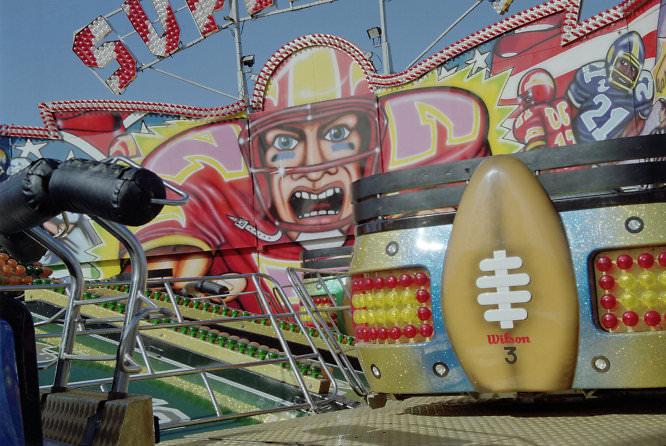
MF5000 Fair - 3200DPI 16Bit MagicTouch AutoColour
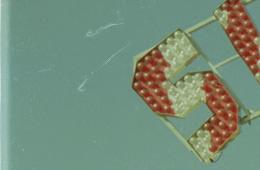 800DPI 16Bit NoProc Crop |
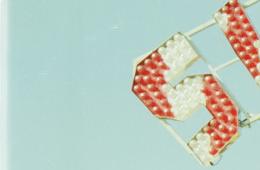 800DPI 16Bit MagicTouch Crop |
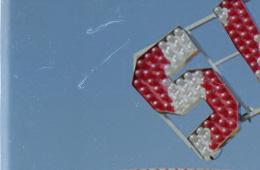 800DPI 16Bit AutoColour Crop |
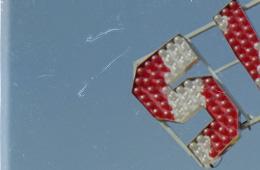 800DPI 16Bit AutoBalance Crop |
Reflecta MF 5000 Performance
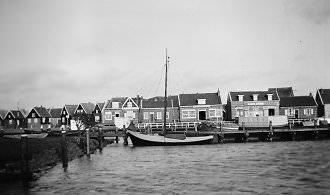 |
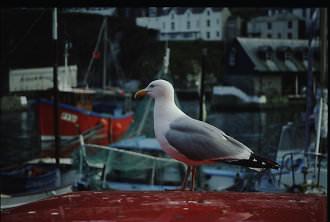 |
| MF5000 Medium Format | MF5000 Gull - 16Bit MagicTouch |
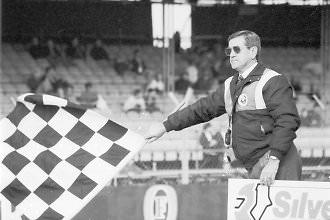 |
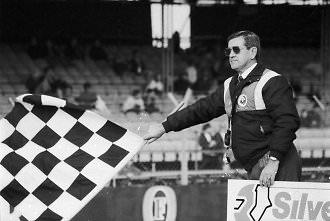 |
| 3200DPI Digital Noise Reduction Levels | 3200DPI No Process Adjusted |
Scanning times are slow, (as with the majority of true scanners) and batch scans are not an option. Spare holders would probably increase productivity. The 6 by 9 CM medium format I scanned took about four minutes for the mechanism to calibrate and scan. The subsequent processing could be as quick as three minutes, but if I rotated the selection before scanning, this software took up to 30 minutes to complete the task on my desktop. All things considered the output in terms of colour handling is quite pleasing and given the sparsity of medium format scanners this one should not be overlooked. It won’t reveal the finest grain in black and white images but it will do quite well digitising your collection ready for printing at a large size. The dust removal is very effective and impressive, and seemed to be competent at removing most scratches. The samples show full size scans and crops using combinations of the filter options.
Reflecta MF 5000 Verdict
The Reflecta MF5000 is competent at capturing the most of the information from your film and bringing it into the digital age. It is a high definition scanner capable of getting to most of the detail in your 35mm and medium format media. If you have a requirement for a medium format scanner, this is one to have on your shortlist. It is also very capable scanning 35mm, though Reflecta do scanners for that format at a better price point.
Additional Technical Data - Film Types
Negative / positive as filmstrip (35 mm), framed slides (5 x 5 cm)
Medium format film 6 x 4,5cm, 6 x 6cm, 6 x 7cm, 6 x 8 cm, 6 x 9 cm, 6 x 12 cm
Lamp white LEDs and infrared LEDs
Slide / Film Transport, Manual
Scanning area: y 140mm, x 57mm
System Requirements (PC)
PC: Windows XP, Vista (32 u. 64 Bit) and Windows 7 (32 u. 64 Bit), Windows 8 (32 u. 64 Bit)
System Requirements (Mac)
OS X (Intel)10.5 or higher